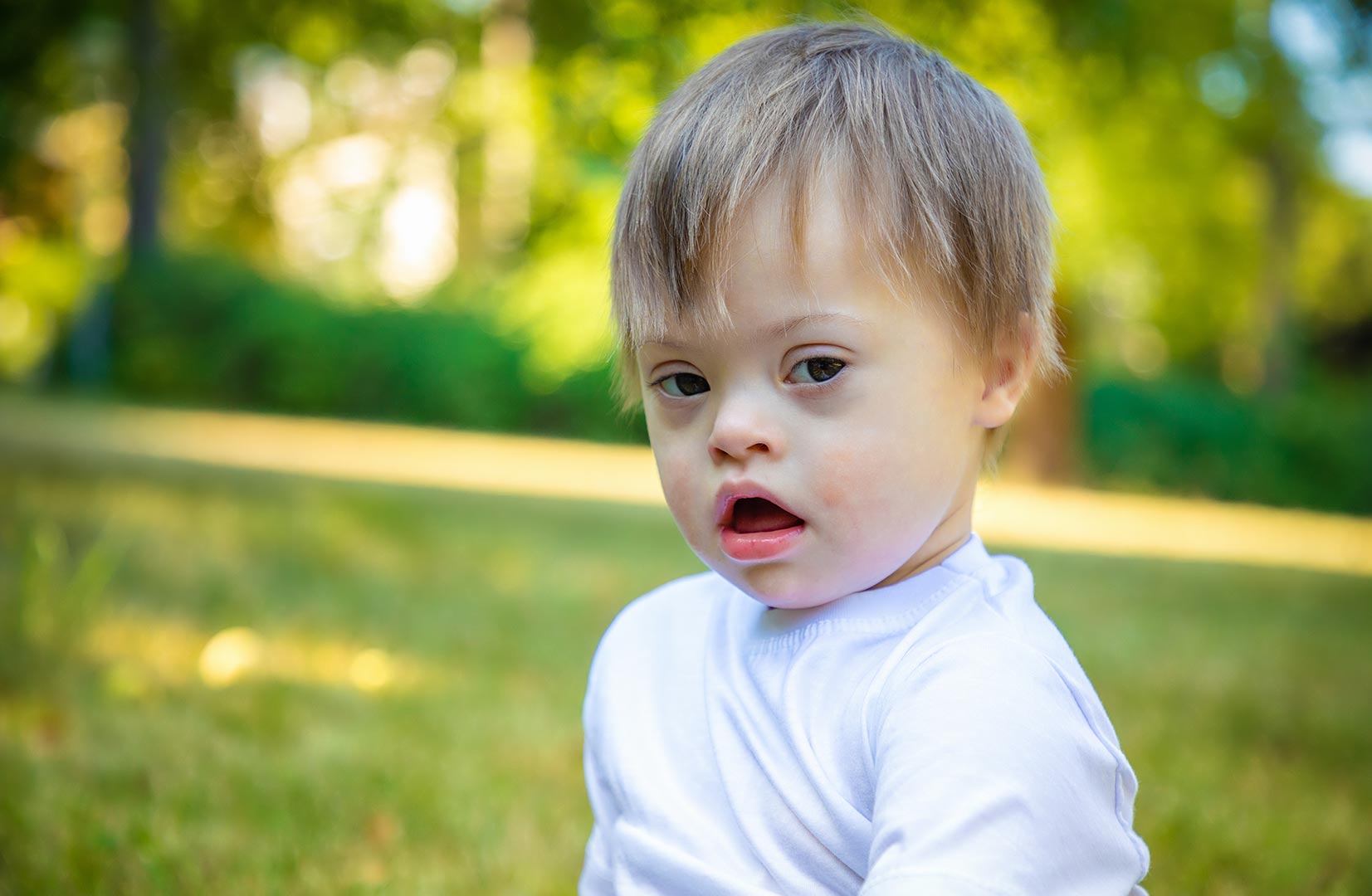Apraxia is a neurological disorder that disrupts the connection between the brain’s intention to perform an action and the body’s ability to carry it out. This disconnect results in difficulty executing familiar tasks despite having the necessary physical capabilities and understanding the instructions.
There are several types of apraxia, each affecting a specific area of movement control. This blog post will explore the key characteristics, causes, diagnosis, and treatment approaches for apraxia.
Types of Apraxia
- Ideational Apraxia: Difficulty forming a plan or sequence of steps to complete a task. This may manifest in challenges like putting on clothes in the wrong order or struggling to follow a recipe.
- Limb Apraxia: Inability to perform purposeful movements with the limbs despite normal muscle function. Examples include difficulty waving goodbye or using utensils effectively.
- Orofacial Apraxia: Affects the muscles of the face and mouth, causing problems with activities like smiling, whistling, or blowing a kiss.
- Constructional Apraxia: Difficulty copying drawings or arranging objects in a specific spatial layout.
- Apraxia of Speech: Also known as verbal apraxia, this impacts the ability to plan and coordinate the movements needed for speech production. People with apraxia of speech may know what they want to say but struggle to articulate the words correctly.
Causes of Apraxia
The primary cause of apraxia is damage to specific regions of the brain, particularly the parietal lobe, which plays a crucial role in motor planning and sensory integration. This damage can occur due to:
- Stroke
- Brain injury
- Tumor
- Neurodegenerative diseases like Alzheimer’s or dementia
Childhood apraxia of speech (CAS) is a developmental disorder with unknown causes. It’s distinct from apraxia of speech acquired later in life due to brain damage.
Diagnosis of Apraxia
Diagnosing apraxia typically involves a neurological evaluation by a doctor or neurologist. This may include:
- Medical history review: Assessing potential risk factors and previous neurological conditions.
- Physical and neurological examination: Evaluating muscle strength, coordination, reflexes, and sensation.
- Cognitive assessment: Testing memory, attention, and problem-solving skills.
- Speech and language evaluation: For suspected apraxia of speech, specific assessments may be conducted to differentiate it from other speech disorders.
Imaging tests like CT scans or MRIs may be used in some cases to visualize potential brain damage.
Treatment for Apraxia
Unfortunately, there’s no cure for apraxia. However, various treatment approaches can help manage symptoms and improve function:
- Speech-language therapy: For apraxia of speech, speech therapists can provide exercises to improve planning and coordination of speech movements.
- Occupational therapy: Occupational therapists can help develop strategies and techniques to compensate for difficulties with daily activities.
- Physical therapy: In cases of limb apraxia, physical therapy can focus on retraining movement patterns and improving coordination.
The specific treatment approach will depend on the type and severity of apraxia, as well as the individual’s needs and goals.
Living with Apraxia
Apraxia can be a frustrating and challenging condition. However, with proper diagnosis, treatment, and support, individuals with apraxia can learn strategies to manage their symptoms and maintain as much independence as possible in their daily lives.
Find out if your child needs extra support today!
- My child screams hysterically
- My child is mean to other children
- My child is always worried
- My child is scared to go to school
- My child is scared of loud noises
- My child doesn’t know how to read
- My child is scared to play outside
- My child does not respond to his name
- My child always gets in trouble
- My child fights with other children
- My child doesn’t know how to count
If you are concerned about your child’s development, contact us for Assessments: Phone/Telegram: 077.455.993 – Telegram Link: https://t.me/OrbRom
If you are concerned about your child’s development, contact us for Assessments.
Phone/Telegram: 077.455.993 Link: https://t.me/OrbRom






Leave A Comment